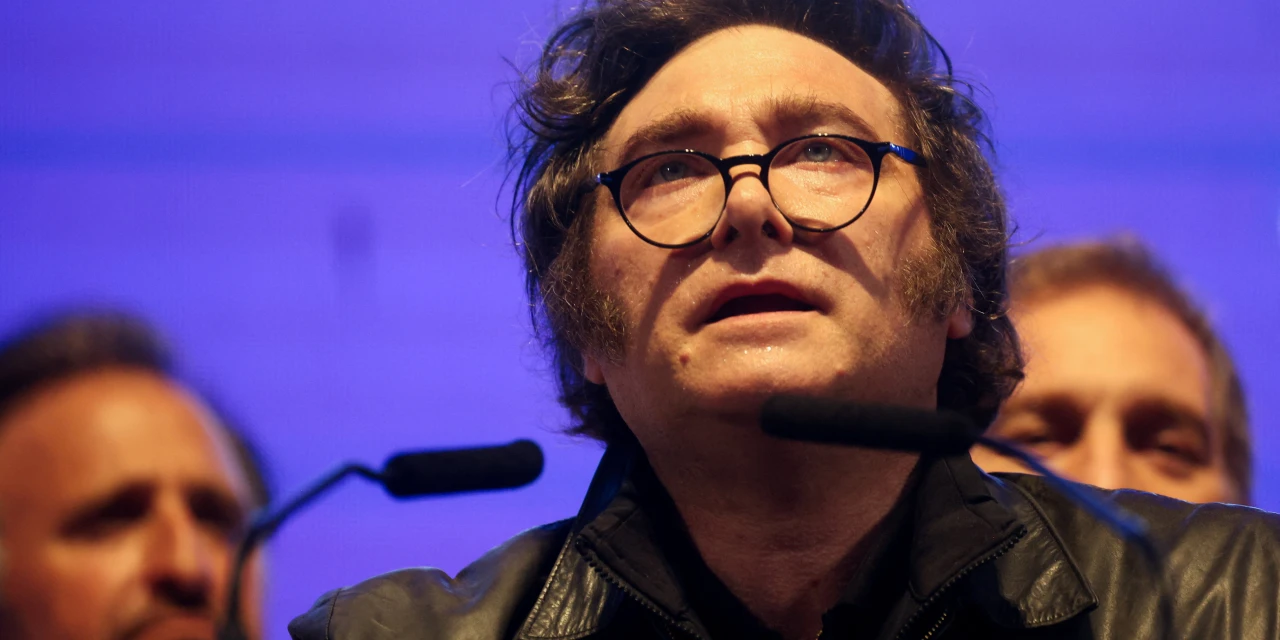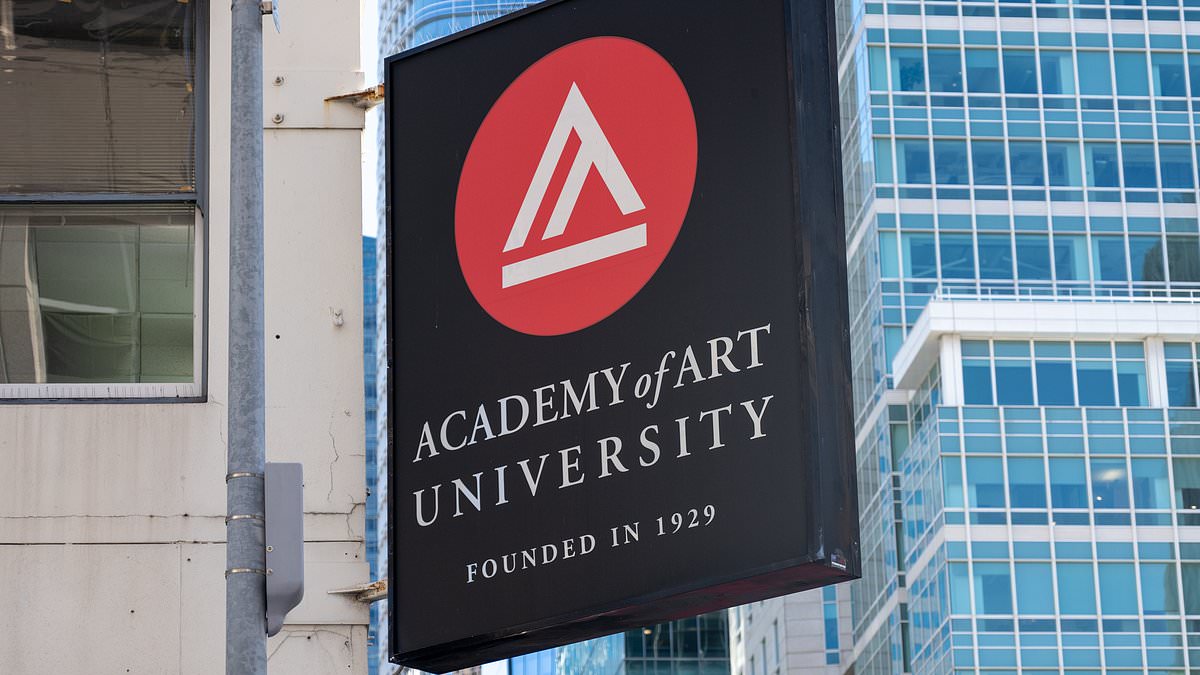Copyright berkshireeagle

Nonprofit giving has declined by $65 billion since 2021. However, institutions are not the only ones pulling back. Consumers are also less enthusiastic about gift-giving. Are we becoming a nation of Scrooges? Americans gave a record $592.5 billion to charity in 2024. That sounds like a lot, but surveys find that over the last 20 years, the number of Americans donating to charity dropped from about two-thirds to under half in recent years. As a result, wealthy individuals, corporations and foundations are making up the difference; however, even they are slowing down in their gift-giving. The reasons are many. The tax laws changed back in 2017, and the Tax Cuts and Jobs Act doubled the standard deduction. That decreased the number of households that itemize their deductions. Practically overnight, millions of middle-class families lost their tax incentive to donate. As a result, giving to charities became less rewarding for many everyday givers. Those in the middle of the income distribution claiming a deduction for charitable giving fell by two-thirds. You would think that, with the stock market and real estate gains nearing all-time highs, affluent Americans would be giving more to charities. A Bank of America Study of Philanthropy found the opposite. Last year, only 81 percent of high-net-worth households gave to charities compared to 91 percent in 2015. Several key factors, in addition to taxes, are contributing to this trend. The economy, a perennially significant factor, is currently casting a shadow of uncertainty over charitable giving. When people feel uncertain of the future, when inflation is high, and volatility is heightened, charitable giving falters. The present divisions within the nation have also contributed to this hesitation. Many of today's business donors also believe that nonprofits, overall (especially in education), are no longer aligned with their values. The present administration's attack on much of the education system only heightens this belief. Over the last few years of cultural strife, we have seen institutions forced to rename buildings, remove faculty positions funded by endowments, and even distance themselves from past donors who no longer align with the political or ideological landscape. From a demographic point of view, the trend among America's wealthiest donors is gradually becoming more conservative, more center-right, if you will. This shift is a function of generational wealth transfers as baby boomers fade and millennials rise to wealth and power in their place, significantly altering the landscape of charitable giving. However, it is not only the wealthy who are adopting a frugal approach. The pervasive impact of inflation is affecting the costs of everything from birthday gifts to the amount you tip at your favorite restaurant. In a recent survey by Empower, a retirement planning firm, 75 percent of respondents reported that gifts are more expensive due to inflation and tariffs, shedding light on the financial pressures faced by donors. More than half say gifting is over the top, and almost as many complain of gift fatigue. Once again, it is the millennials who want to institute a no gifts policy in 2025 among all their acquaintances. Those who still gift say they shop for gifts based on price, with 58 percent of them setting a budget for gifts. Today's range for giving a birthday gift is $56 for adults and $83 for kids, while children's allowances per week are now $37. Tipping for takeout dinners, food deliveries, beauty services, and rideshares has also declined by more than 10 percent, according to the survey. Whether consumers are becoming more miserly or simply adjusting to tighter economic circumstances remains to be seen. As for the wealthy, future charitable contributions will depend on how quickly recipients of philanthropy adjust to their goals and objectives to meet the rising tide of populism.



